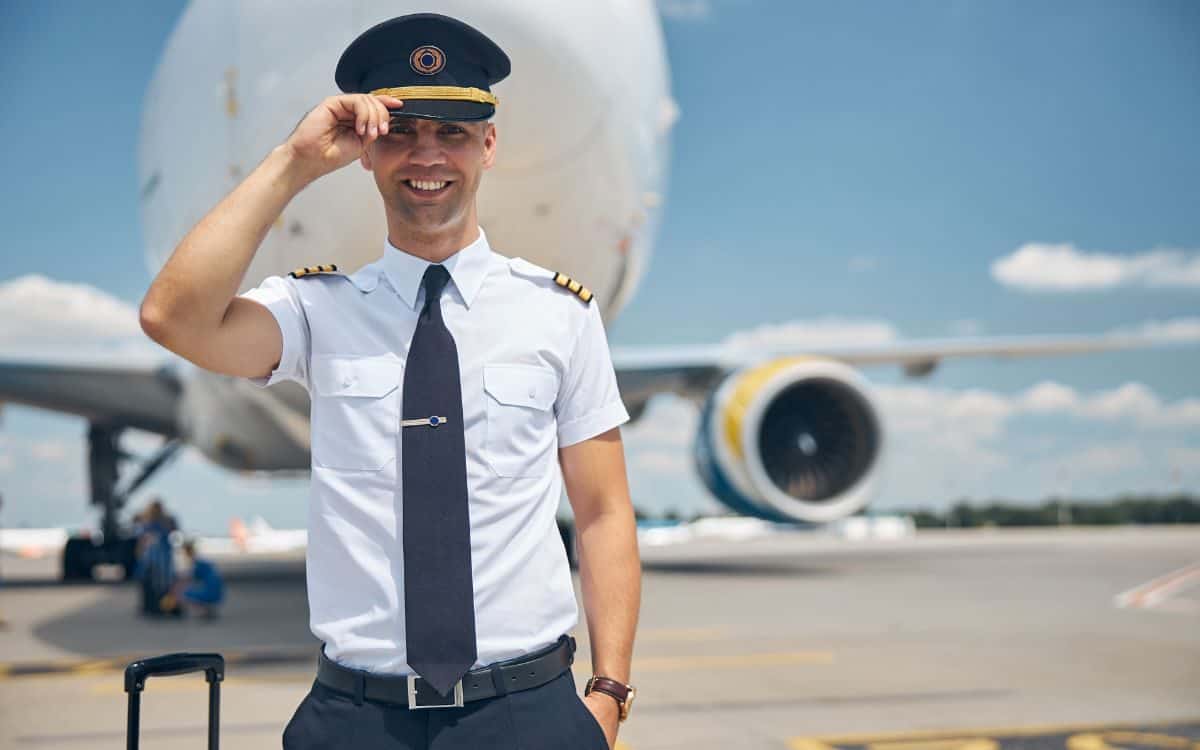For a lot of people who fly, it’s not just a profession, it’s an obligation. And when that flight is a route that leads to one of the largest and most respected cargo carriers worldwide, your destination is even more significant. UPS pilots are more than just fly from point A-B. They are also accountable for cargo that is time-sensitive and maintain security under pressure.
In-depth analysis of what it takes to be an UPS pilot. This includes the requirements you require, the required training programs and the actual job.

Image credit: flightschoolusa.com
The Role of a UPS Pilot: Much More than Flying
UPS Aviators perform a distinct task than commercial passenger pilots. They are responsible for transporting documents, packages and other necessities throughout the world and across the country typically with strict deadlines. From navigating complicated weather systems and managing aircraft filled with valuable cargo, these pilots work in a fast-paced, high-stakes atmosphere. They’re also ambassadors for UPS. UPS brand, who embody professionalism, reliability, and technical expertise.
UPS pilots need to be able to manage everything, from pre-flight plans and emergency protocols to communicating with air traffic control as well as ground operations. This requires not just the highest level of flying proficiency but also sharp, heightened situational awareness and a commitment to safety.
UPS Pilot Qualification Standards The Bar is set high
UPS doesn’t allow anyone to gain control over its fleet. The requirements for obtaining a pilot’s license are among the most stringent in the cargo aviation sector.
Candidates must possess a Bachelor’s Degree in Aeronautics, Aviation or a Related Field. They should also have an valid FAA Commercial Pilot’s License with Multi-Engine and Instrument ratings. Most UPS pilot candidates have between 2,000 and 4,000 flight hours, which includes experience in turbine powered aircraft.
Medical fitness is also critical. Pilots must meet FAA health standards. This includes having excellent vision, and the ability take a comprehensive medical exam. The applicants must be U.S. citizens or have proper work authorization and fall within the mandatory age range of between 23 and 65 years old.
UPS is a firm believer in the practical knowledge, experience gained from real-world situations and professionalism. These qualifications were designed to ensure that pilots are equipped to cope with the needs of international long haul operations and UPS’s reputation for prompt delivery and security.
UPS Pilot Training: Get Prepared for the Real World
Even after meeting the qualifications, new hires undergo extensive UPS pilot training programs to prepare them for the unique demands of the company’s aircraft and routes.
Training begins with ground schools, where pilots learn UPS-specific processes, procedures as well as company expectations. Following this, they are given simulator sessions that replicate the real-world conditions and emergency situations. After achieving simulator proficiency then the pilots can begin their Initial Operating Experience (IOE) actual flights under the direction and supervision by senior UPS pilots.
These programs go beyond the technical. They prepare pilots for operational efficiency, crew coordination, and real-time problem-solving–critical components of UPS’s global delivery infrastructure.
How to Become an UPS Pilot: Charting a Flight Path
If you’d like to be a UPS Pilot, it is essential that you begin your career by attending a reputable flight school. Flight schools like Florida Flyers Flight Academy offer the fundamental understanding of aeronautics. They also offer instruction in the field of navigation as well as safety guidelines.
Then, you can increase your credentials by increasing flying hours, specifically in turbine-powered aircraft. You’ll be more attractive for UPS if you have experience with roles that focus on safety, teamwork, and time-sensitive operation.
Last Thoughts on a career that provides more than Paychecks
Being a UPS Pilot is no simple task. It requires dedication in technical knowledge and the ability to operate under pressure. The rewards are excellent for those who are able to meet the challenges. They are paid competitively, the chance to travel around the world, work stability and are a key part of the efficient functioning of the global economy. If you’re looking to fly for a reason, the UPS cockpit might just be the ideal seat.
